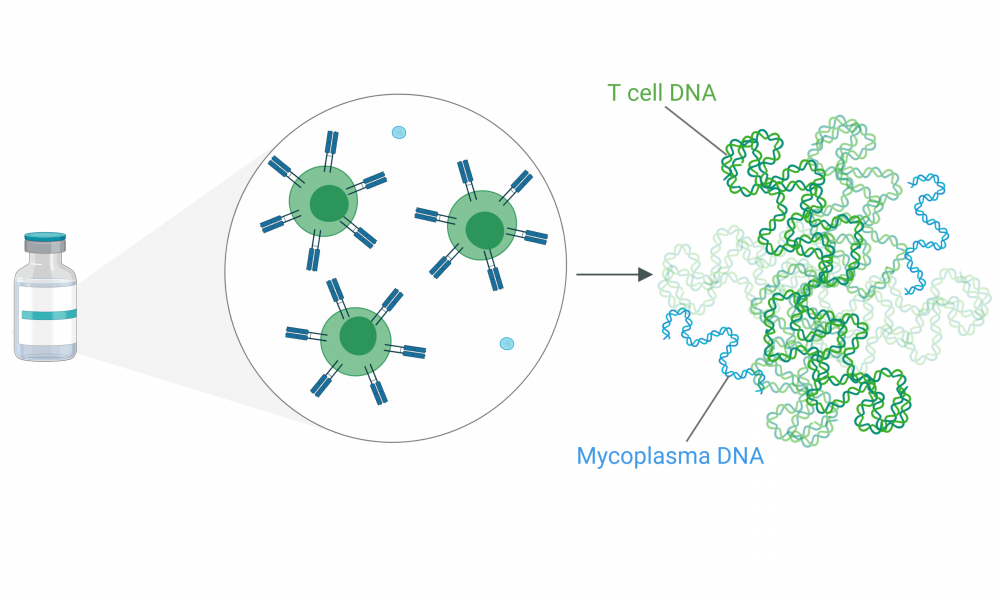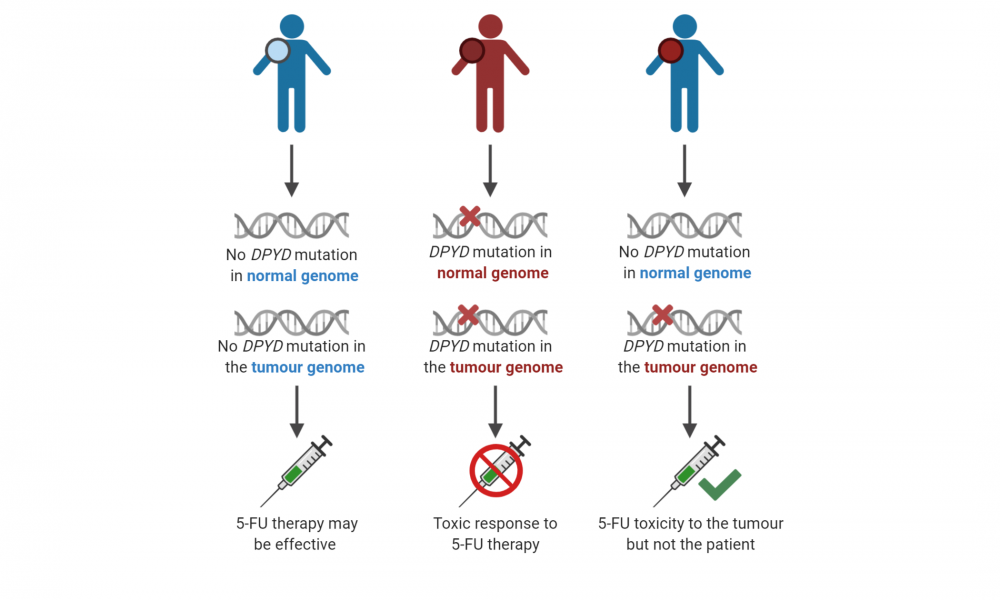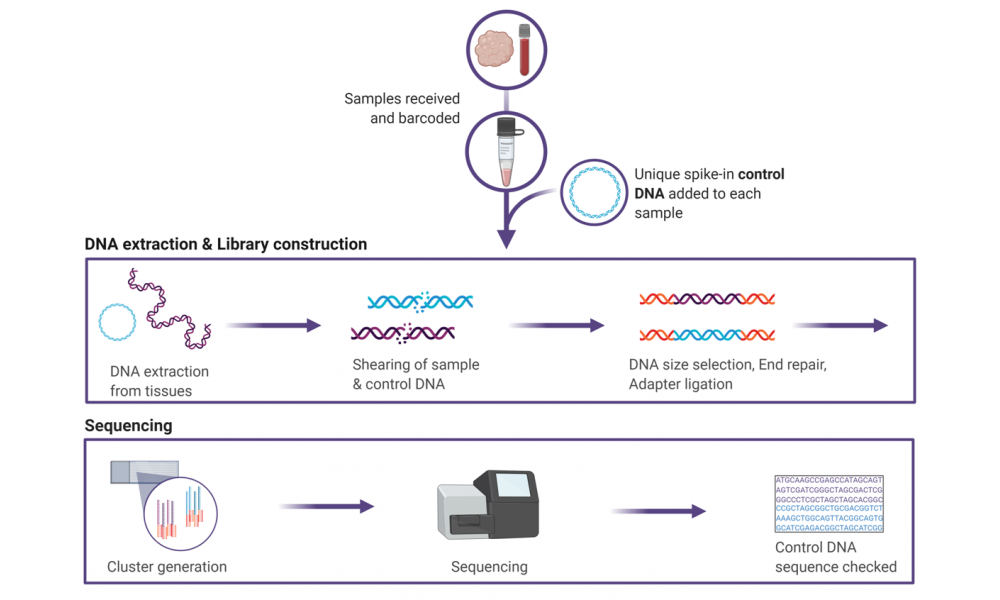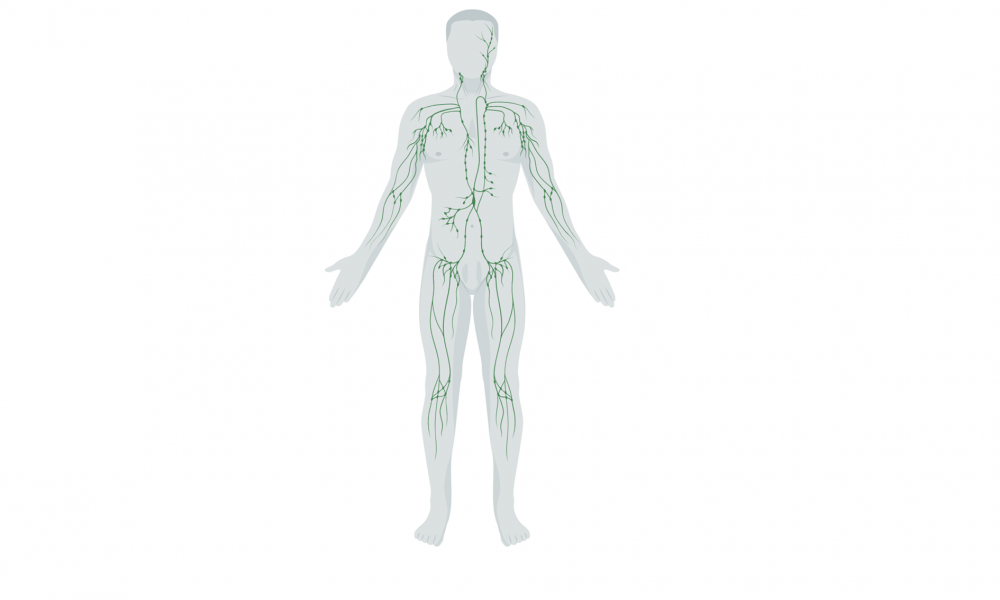News

International Women's Day
March 8 was International Women’s Day—a day to celebrate the impact that women and girls have had in the advancement of society, politics, economics and human knowledge. In honour of this day, meet some of the women working here at the GSC.

Finding DNA evidence of bacterial contamination in cancer therapies
Researchers have developed a rapid and highly sensitive method for ensuring cell-based cancer therapies are contaminant-free.

Genome sequencing helps prioritize cancer treatment options
5-Fluorouracil, commonly known as 5-FU, is a drug used for the treatment of multiple cancer types. For some patients, 5-FU can lead to toxicity. But by using the power of whole genome sequencing, scientists have shown that for other patients, 5-FU may be a potent double-edged sword for the treatment of cancer.

A new DNA-based method for tracking samples through the lab
Researchers at Canada’s Michael Smith Genome Sciences Centre have developed an elegant method for tracking tissue samples through complex laboratory processes using unique DNA identifiers.

GSC scientists among the most highly cited in the world
Every year, scientists and scholars worldwide publish their findings in academic journals and proceedings, producing papers estimated in the range of more than two million. How does the research community determine the papers with the most value? Citations are one way, and a paper that other scientific authors have frequently cited has arguably proved itself to be highly significant.
Celebrating 20 years of discovery
November 2019 marked twenty years of science, discovery, innovation, collaboration and education at Canada's Michael Smith Genome Sciences Centre (GSC) at BC Cancer. Alumni, collaborators, partners, family and friends joined us in celebration at our Echelon technology platform on November 15, 2019. On November 21, the first day of the 2019 BC Cancer Summit, we held a scientific symposium, featuring 16 speakers—researchers, partners, former trainees and leaders in genomics—highlighting the technology advances, scientific investigations and groundbreaking discoveries that have helped advance genome science.
B.C. Government Honours GSC's 20th Anniversary with a Proclamation
In honour of our 20th Anniversary, the Government of British Columbia honoured the GSC with the following proclamation, designating 15 November 2019 as "20th Anniversary of Canada's Michael Smith Genome Sciences Centre at BC Cancer Day"

20 in 20: Twenty incredible ways the BC Cancer – Genome Sciences Centre has made a global impact over the last twenty years
In the 20 years since its opening, no one could have predicted the immeasurable ways the BC Cancer – Genome Sciences Centre has impacted global health.

A genetic explanation for lymphoma patients that can’t be cured by standard treatment
Some patients with non-Hodgkin lymphoma respond poorly to standard treatment. Thanks to DNA sequencing, scientists now know why.